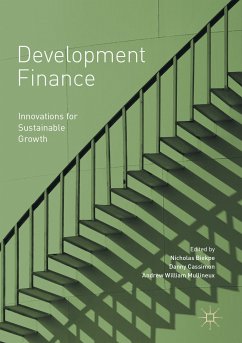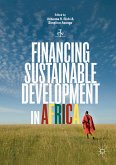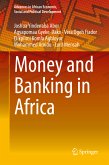This book presents a broad range of empirical research papers covering key issues in development finance. Despite having gained significant momentum in Africa and other emerging economies, textbooks and research publications on development finance are still very limited. This book shines a light on the main focal areas of the international 'finance for development' agenda and outlines innovative approaches to enhance economic growth and development finance to contribute towards realizing global sustainable development goals. Chapters from expert contributors cover topics such as domestic resource mobilization, debt relief, microfinance, financial sustainability, tax buoyancy, Foreign Direct Investment, foreign capital flows, and labour productivity. This book serves as a valuable reference tool for researchers, students and practitioners in this field.
Dieser Download kann aus rechtlichen Gründen nur mit Rechnungsadresse in A, B, BG, CY, CZ, D, DK, EW, E, FIN, F, GR, HR, H, IRL, I, LT, L, LR, M, NL, PL, P, R, S, SLO, SK ausgeliefert werden.









